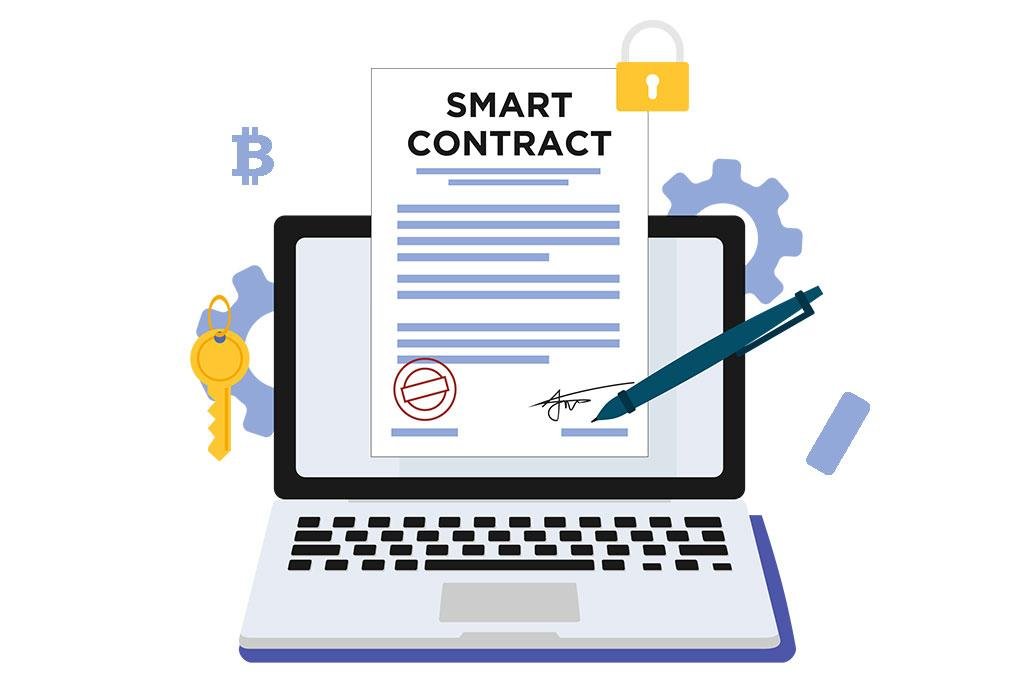Smart Contracts: Enhancing Transparency and Efficiency in Legal Agreements

Introduction
In today’s technology-driven world, the way we create and manage legal agreements is changing rapidly. Smart contracts, an innovative technology powered by blockchain, are leading this change. These are self-executing contracts where the terms are written directly into code, meaning the contract automatically enforces itself when certain conditions are met. Smart contracts promise to make legal agreements more transparent, faster, and less complex. In this article, we’ll explore how these digital agreements work, their benefits, and how they could reshape the legal field, offering a more efficient and transparent future for contracts.

What are smart contracts and how do they function?
Smart contracts run on blockchain technology, acting as digital agreements that automatically carry out the actions outlined in the contract once the agreed conditions are met. The main characteristics of smart contracts are:
- Immutability: Once the contract is created, it cannot be changed, protecting it from fraud or tampering.
- Transparency: All parties involved can see the terms and actions, which increases trust.
- Autonomy: These contracts don’t need middlemen like lawyers or notaries, which reduces time and cost.
Smart contracts make legal agreements faster and more secure by verifying transactions on a decentralized blockchain, reducing the risk of fraud. Here’s how they compare with traditional contracts:
| Aspect | Smart Contracts | Traditional Contracts |
|---|---|---|
| Execution | Automatic upon conditions met | Manual execution required |
| Cost | Lower, without intermediaries | Higher, with fees for lawyers and notaries |
| Security | Cryptography and blockchain | Paper-based, prone to loss or damage |

Key Benefits of Smart Contracts in Legal Frameworks
Smart contracts offer several advantages over traditional agreements. These include:
- Cost savings: By cutting out intermediaries, smart contracts reduce legal fees and transaction costs.
- Speed: Transactions can be completed almost instantly, rather than taking days or weeks.
- Security: Blockchain technology makes it nearly impossible to alter the contract after execution, preventing fraud or disputes.
- Trust: Both parties can verify that the contract will execute as agreed, ensuring mutual confidence.
With these benefits, smart contracts are revolutionizing the way legal agreements are made, making the process faster, more reliable, and less costly.
Read More: The Future of Legal Agreements: Exploring the Role of Smart Contracts

Best Practices for Implementing Smart Contracts Effectively
For organizations to make the most of smart contracts, they should follow some best practices:
- Clear coding: Smart contracts must be written with precision. Unclear terms can cause unforeseen outcomes.
- Collaboration: All parties should work together to define the terms clearly to avoid misunderstandings.
- Testing and verification: Before deploying a smart contract, it’s important to thoroughly test it to ensure it works as intended. Independent reviews or audits can help verify its integrity.
- Ongoing monitoring: After the contract is live, monitoring tools can track its performance and spot any issues early.
These steps help ensure that smart contracts are secure, effective, and reliable.

Navigating Legal and Regulatory Challenges in Smart Contract Adoption
While smart contracts have great potential, their adoption in the legal field faces challenges:
- Legal recognition: Different jurisdictions have varying rules on whether smart contracts are legally binding.
- Jurisdictional issues: When contracts cross borders, differences in laws can make enforcement difficult.
- Irreversibility: Once a smart contract is executed, it cannot be reversed. This puts extra pressure on the initial drafting to ensure it’s error-free.
To address these challenges, collaboration between legal experts, tech professionals, and regulators is essential. Legal systems will have to adapt to acknowledge and facilitate the use of smart contracts.
In Summary
Smart contracts are changing the way legal agreements are made, offering greater efficiency, transparency, and trust. They eliminate many of the inefficiencies of traditional contracts by automating tasks, reducing costs, and enhancing security. While there are challenges to be addressed—such as legal recognition and regulatory standards—the potential benefits of smart contracts are undeniable.
As this technology continues to develop, legal professionals, businesses, and governments will need to adapt. By embracing smart contracts, we can create a more streamlined and effective legal system that better meets the needs of the digital age. The future of contracts is here, and it’s powered by blockchain.
















































































































































































































































































































































































































































































































































